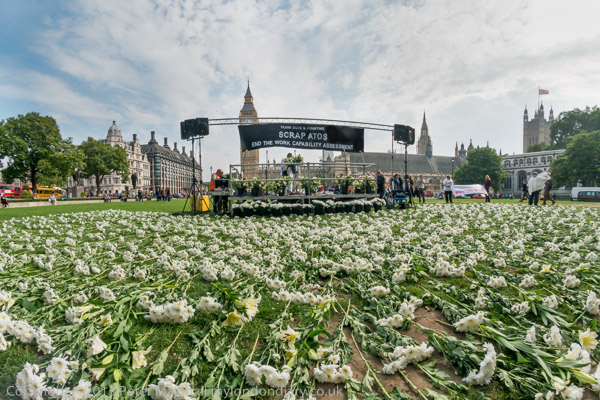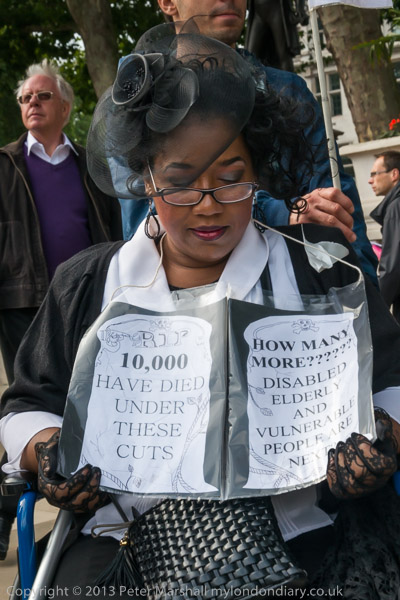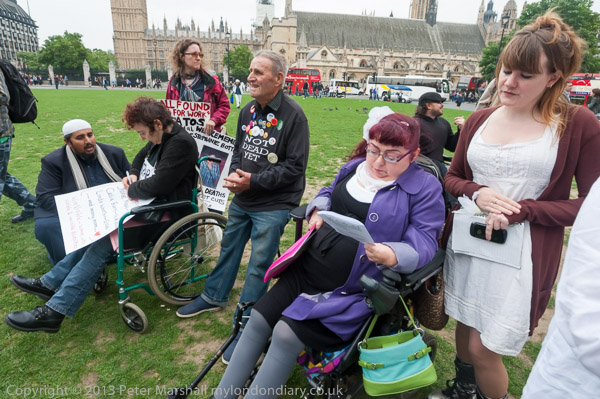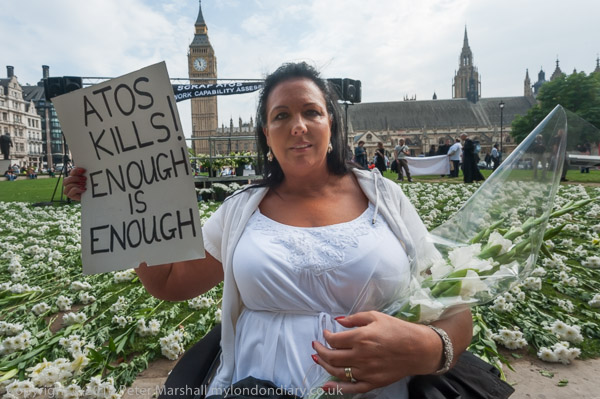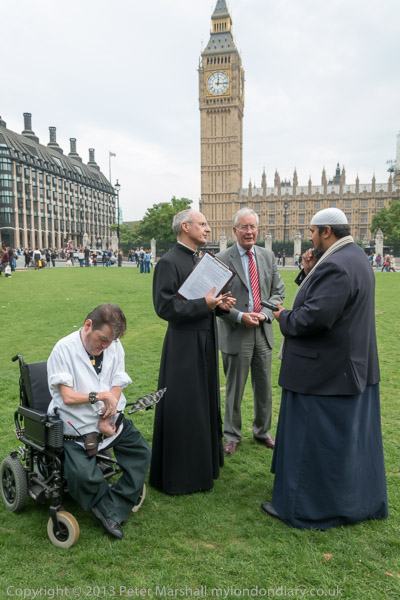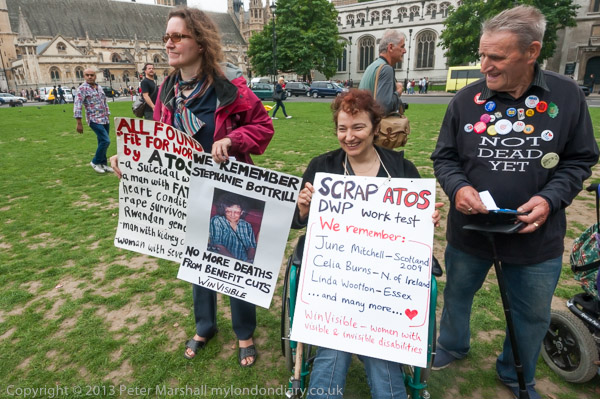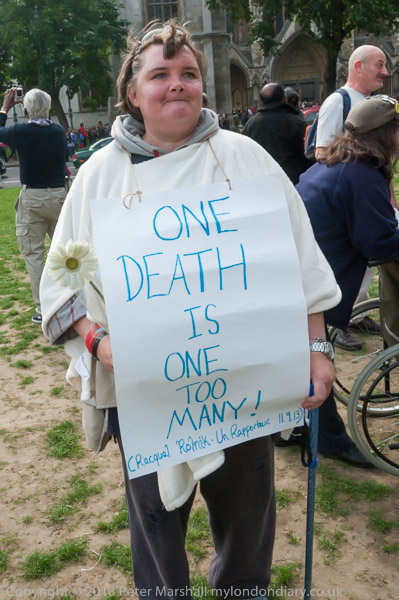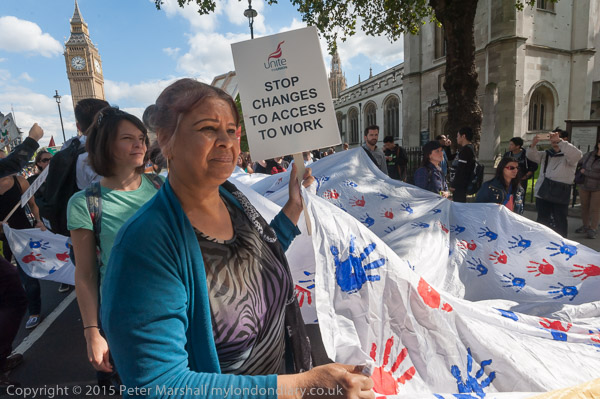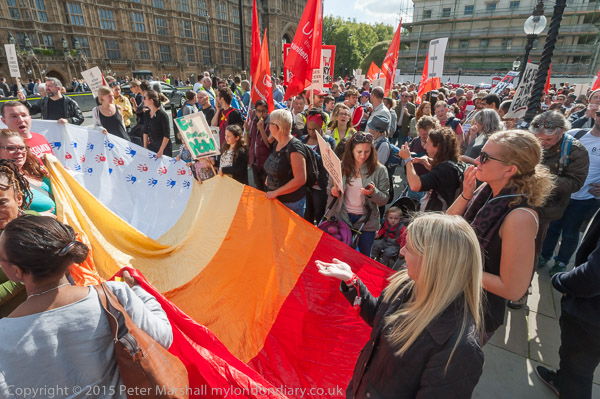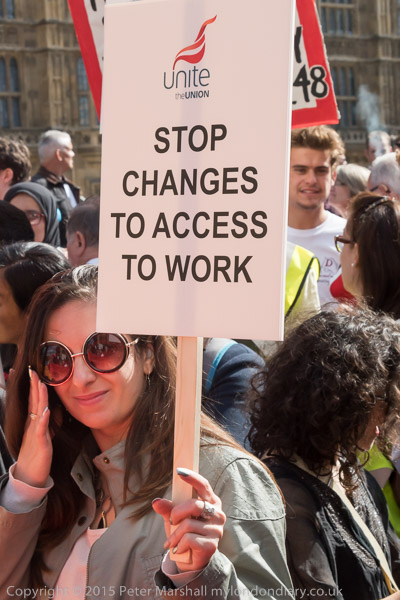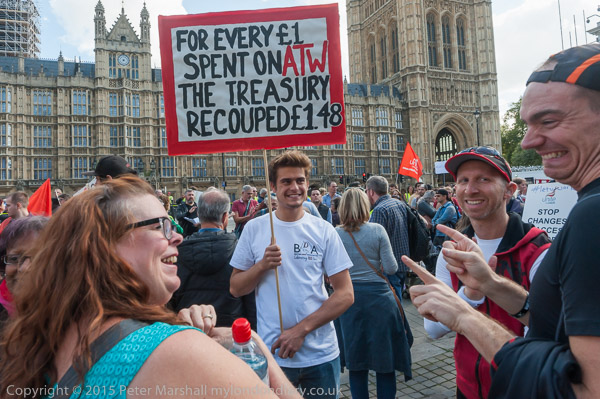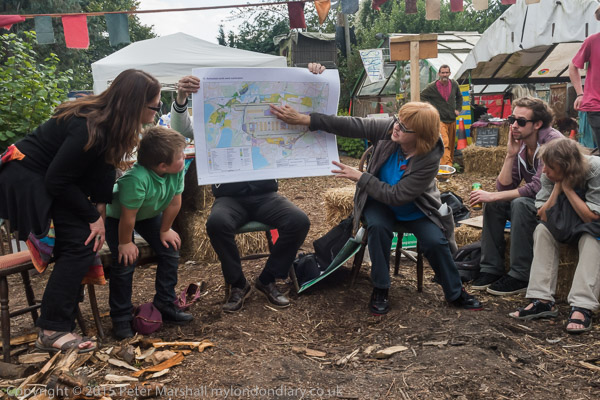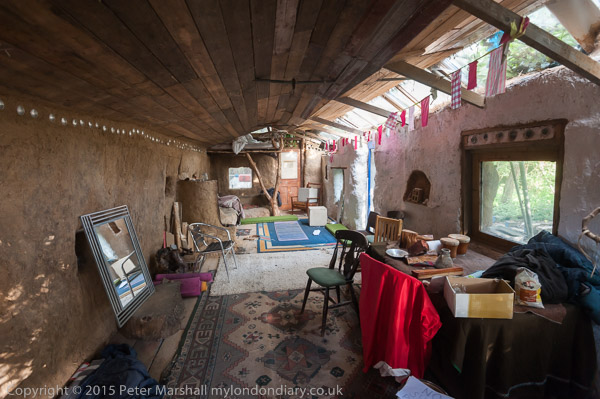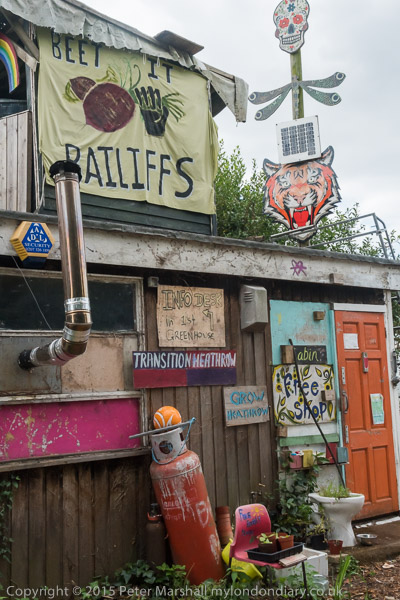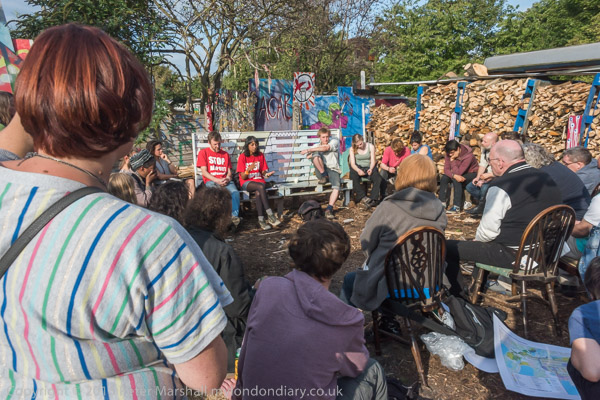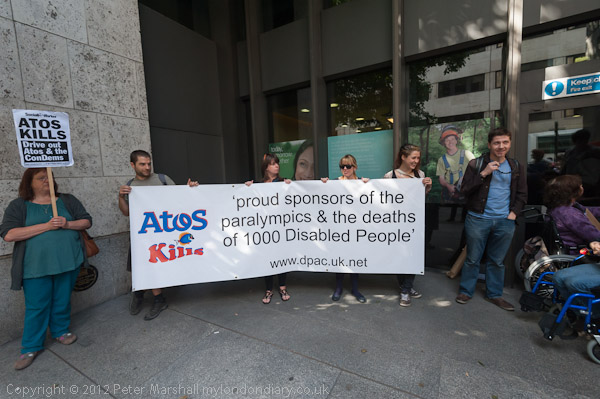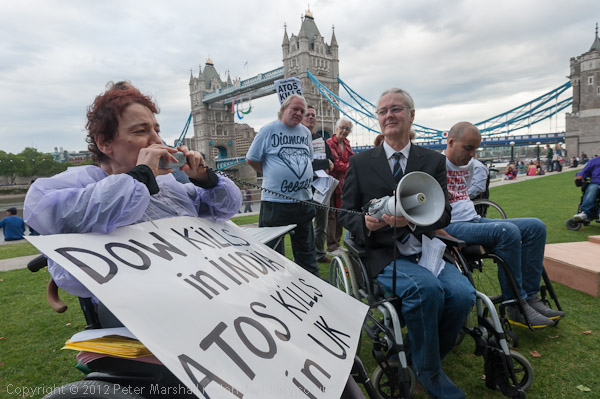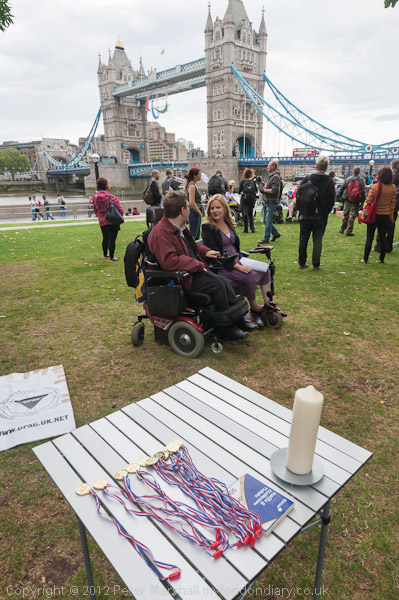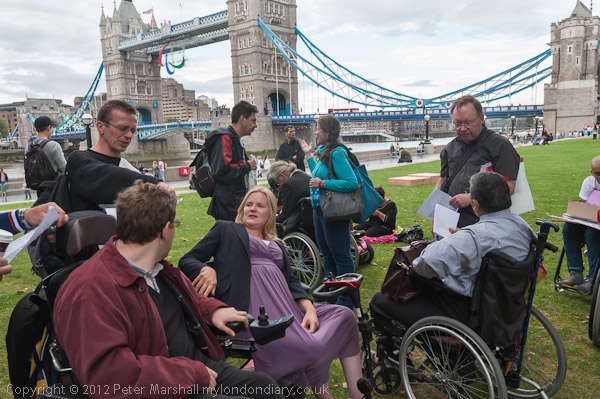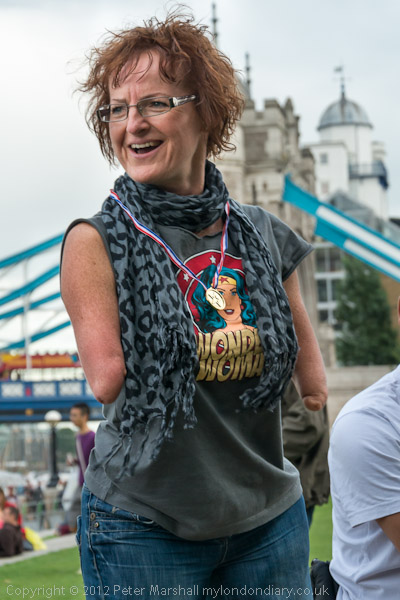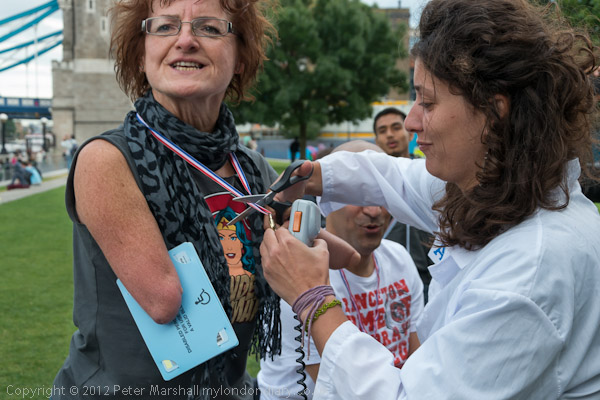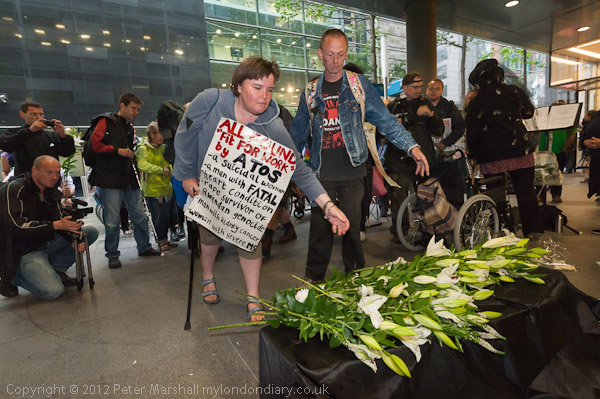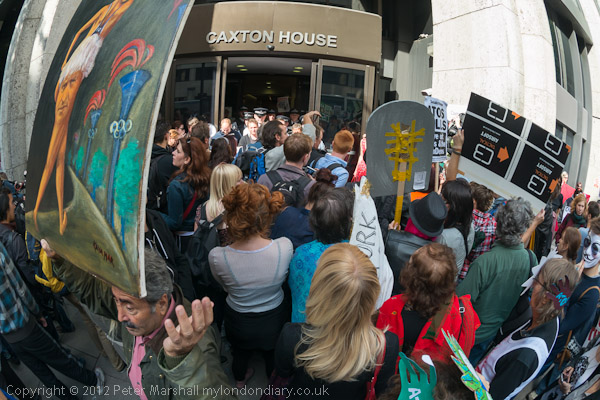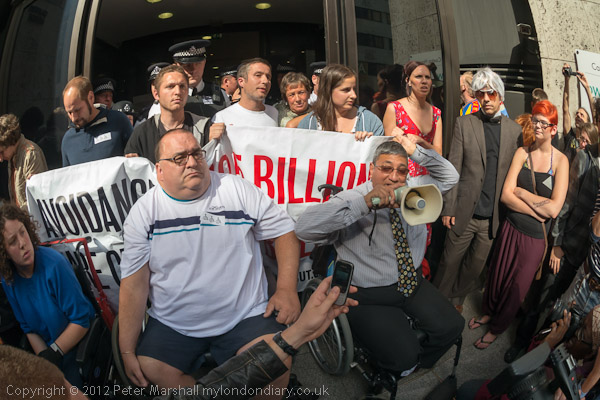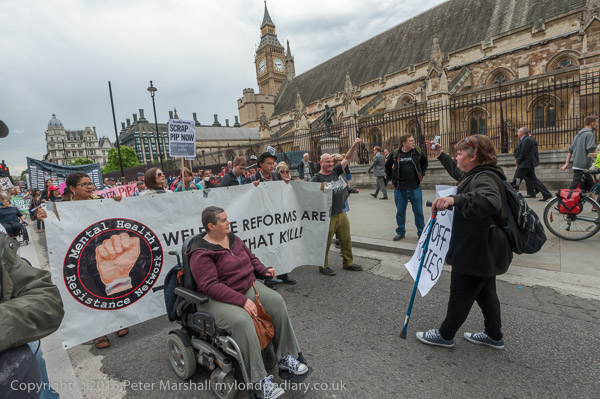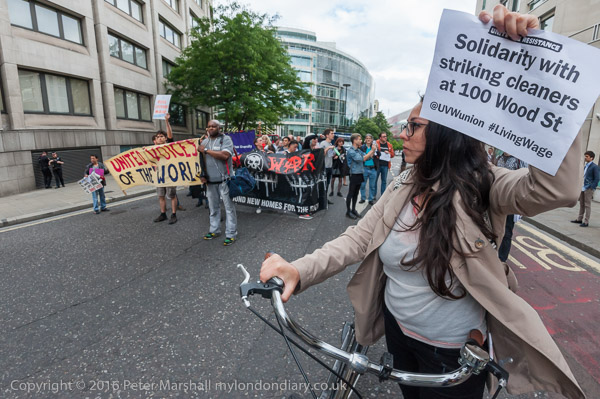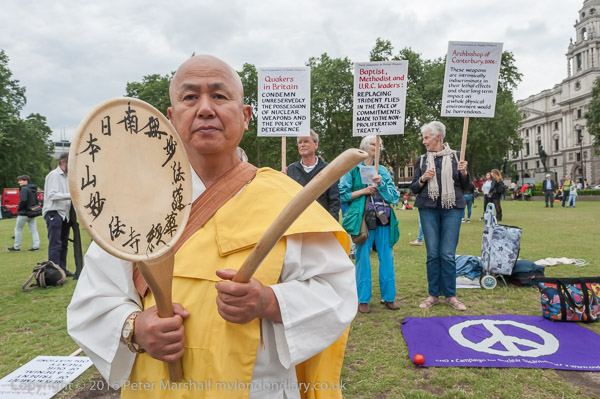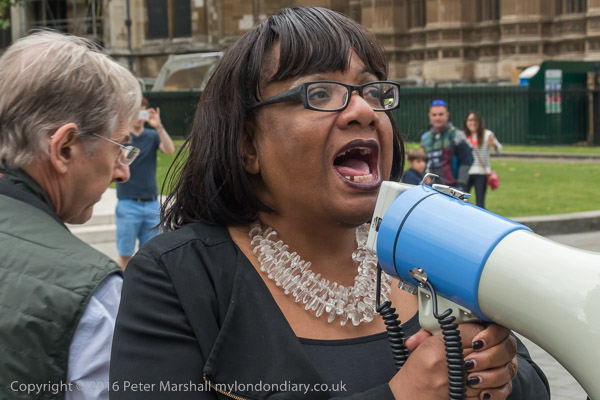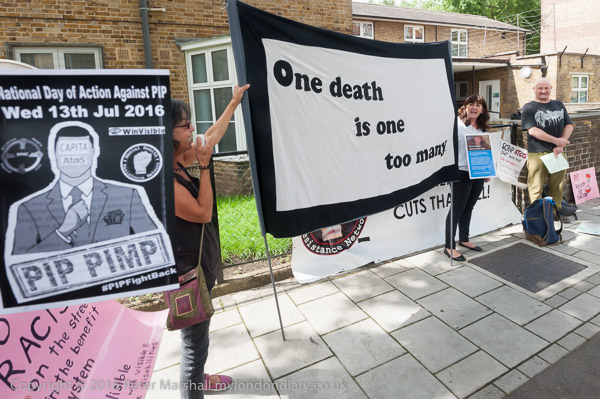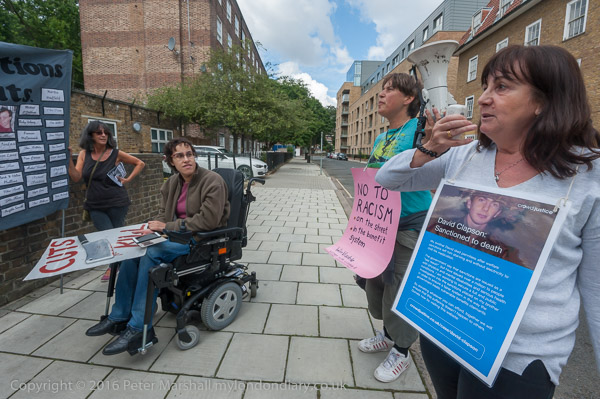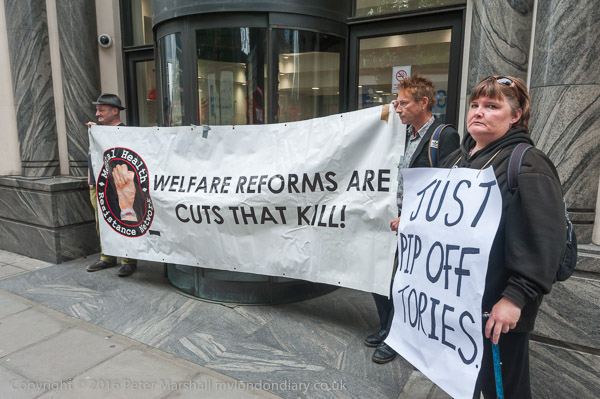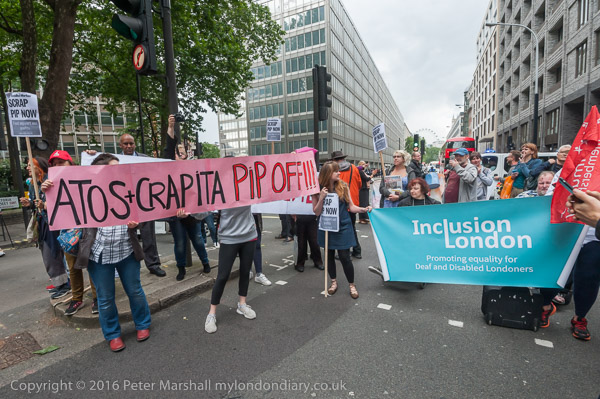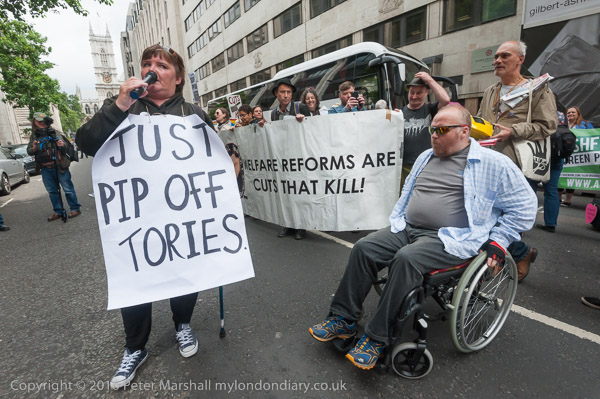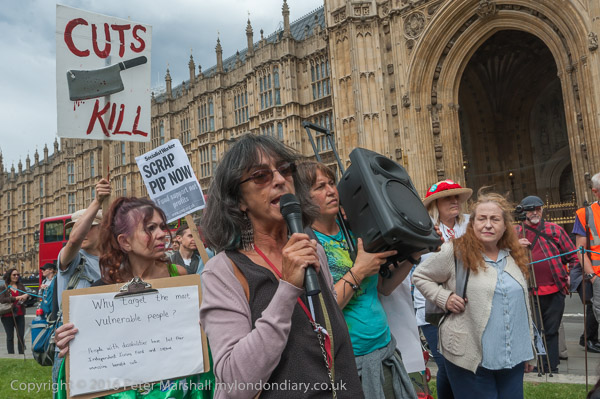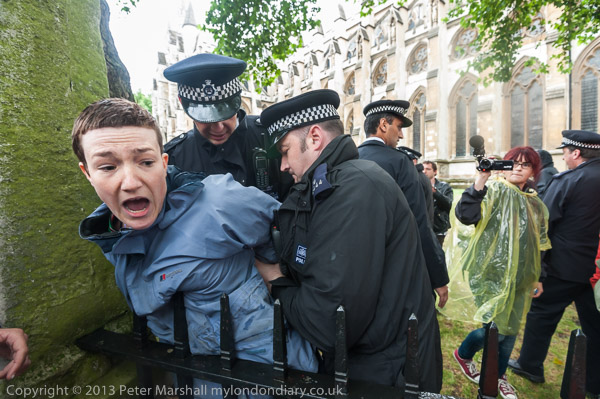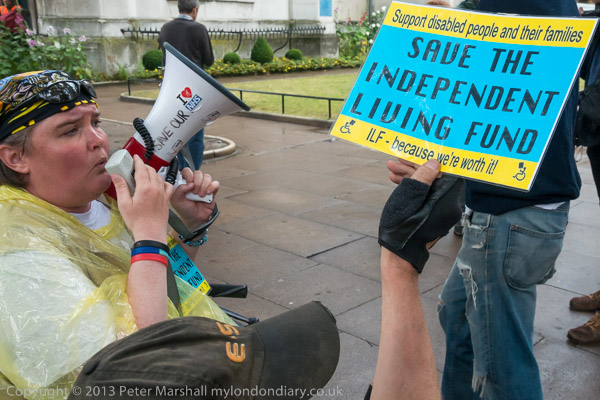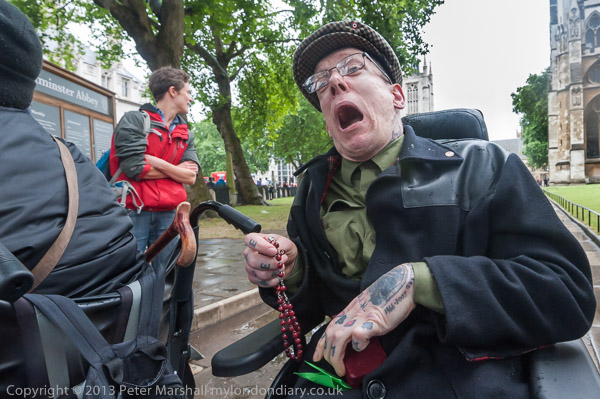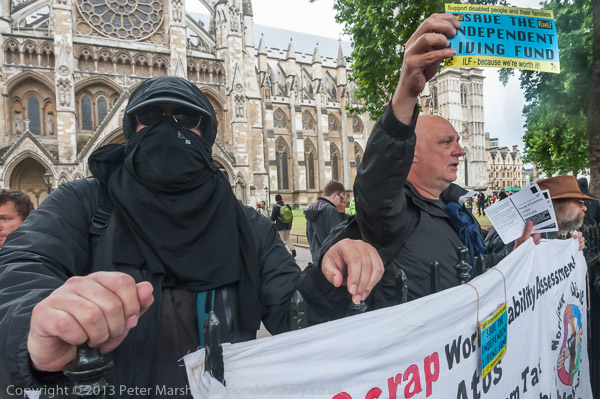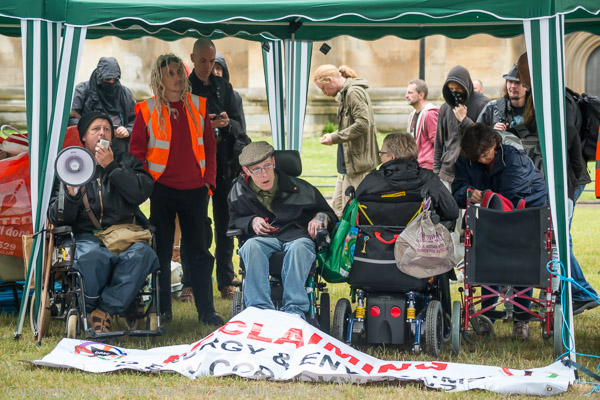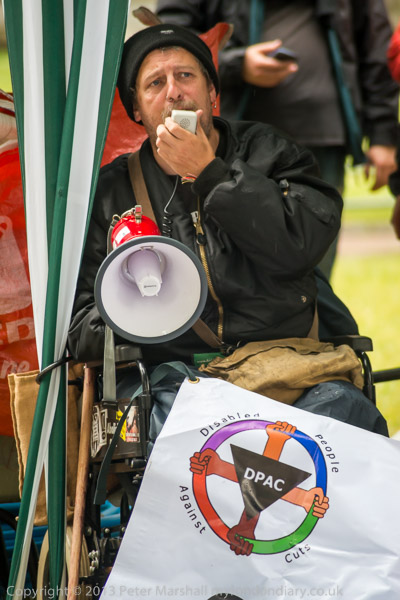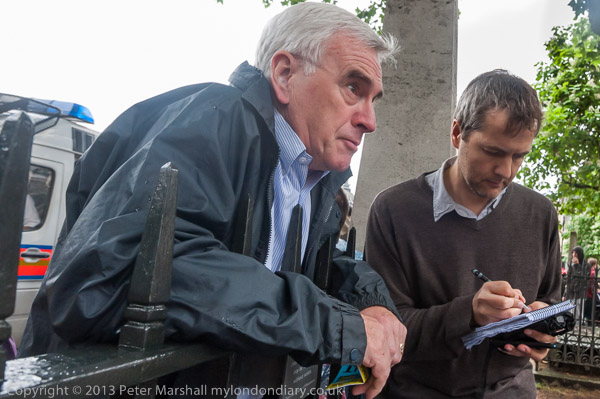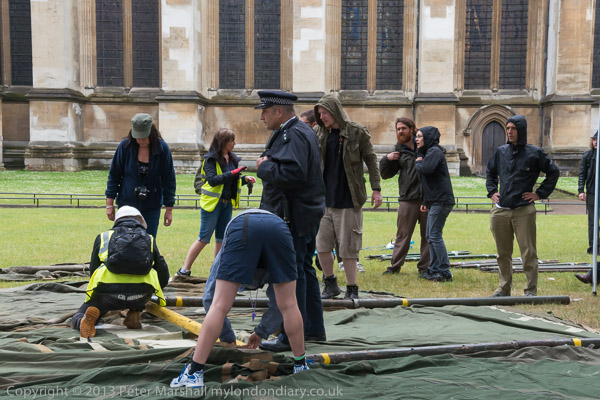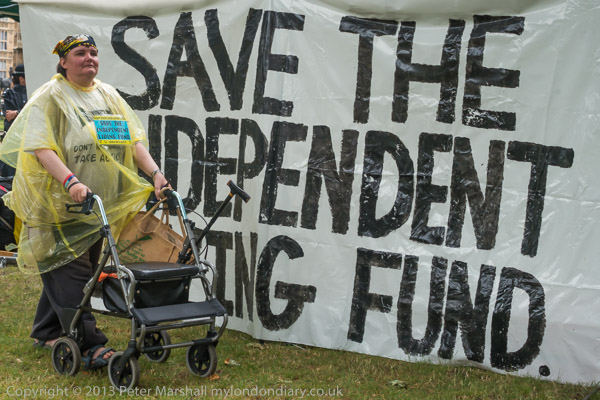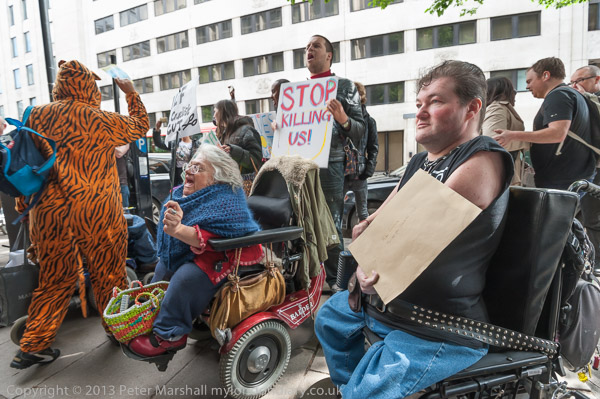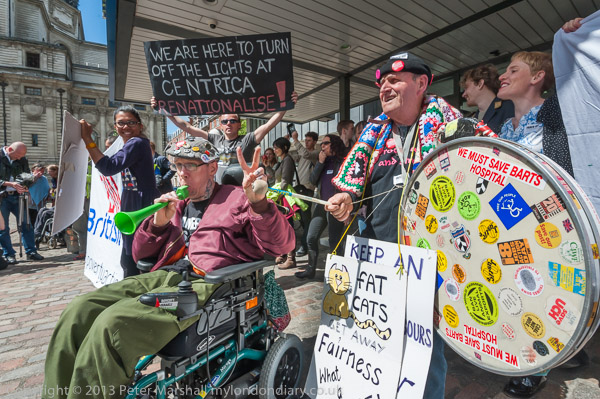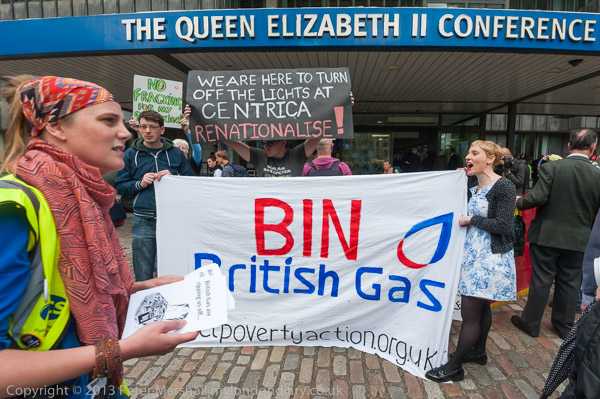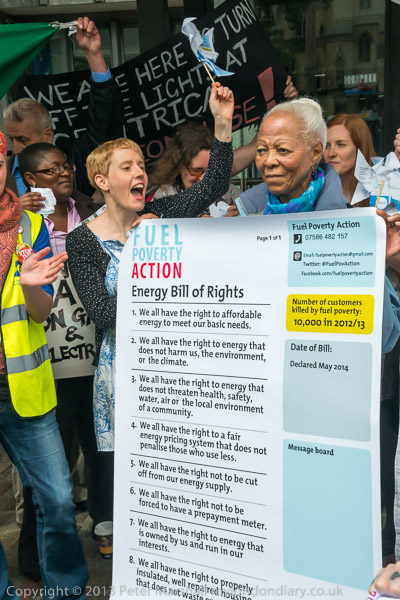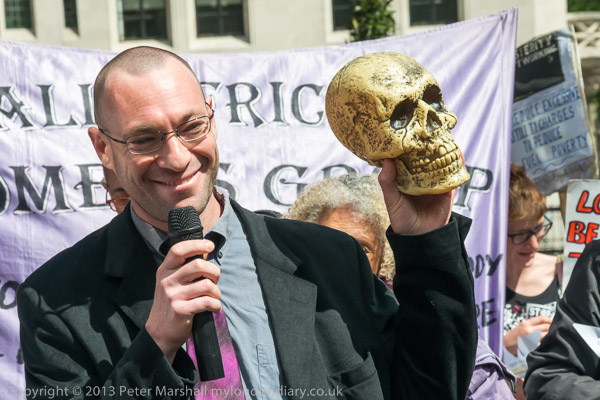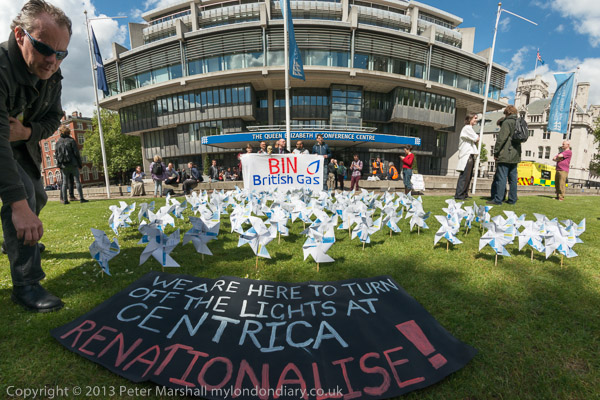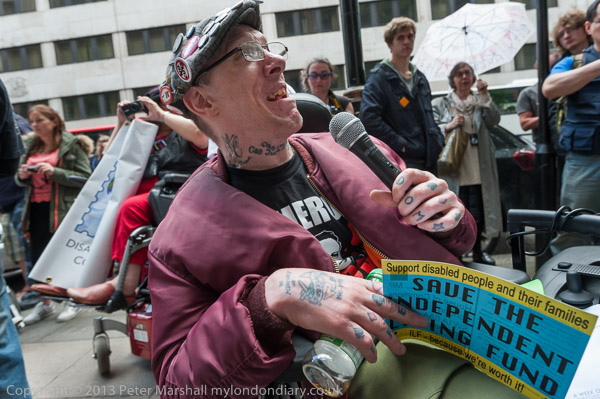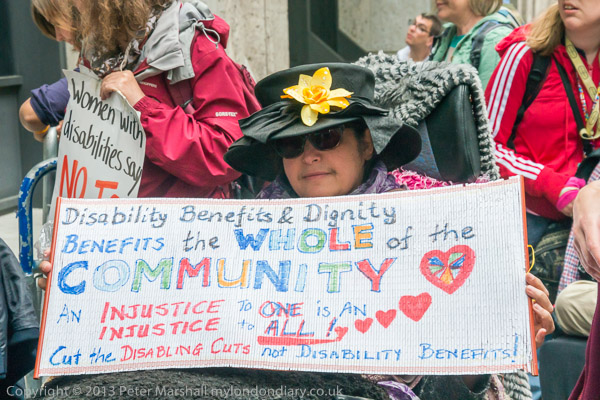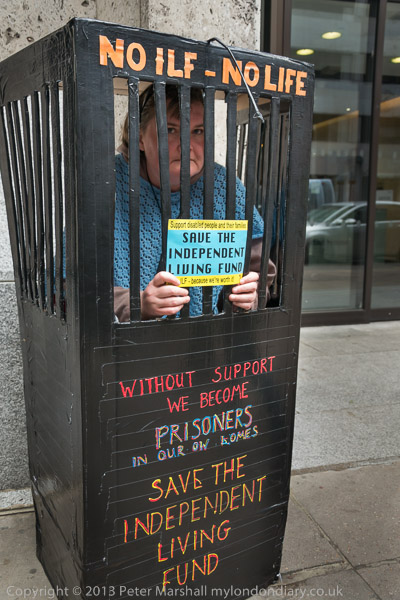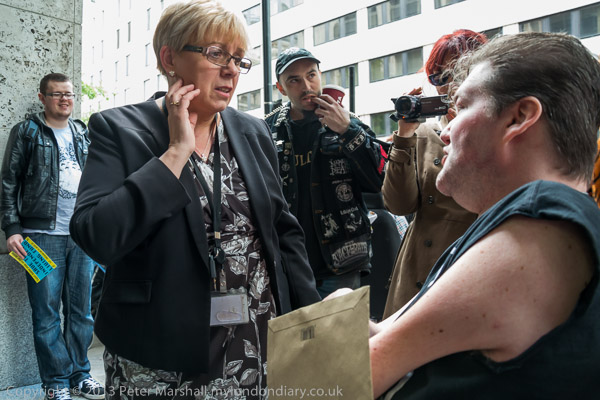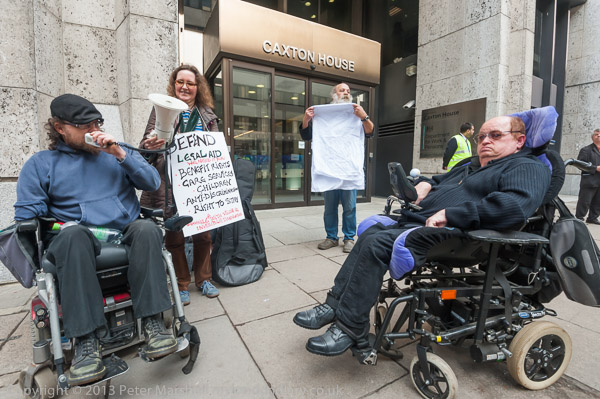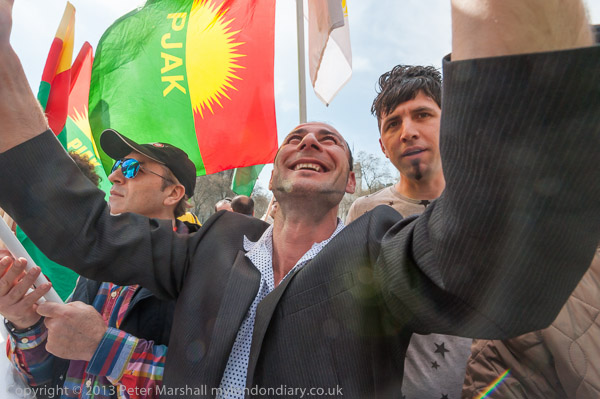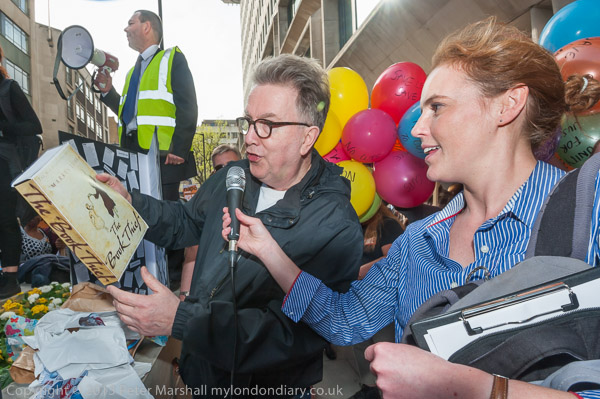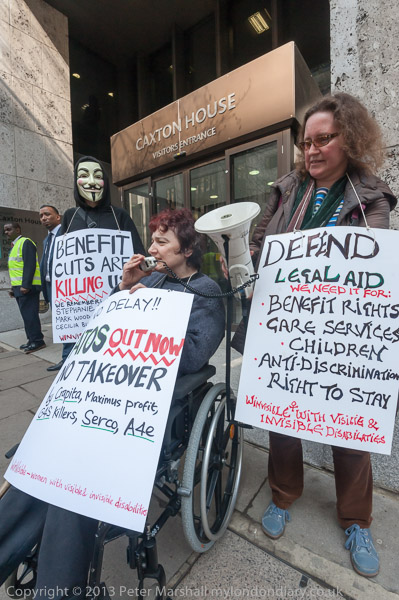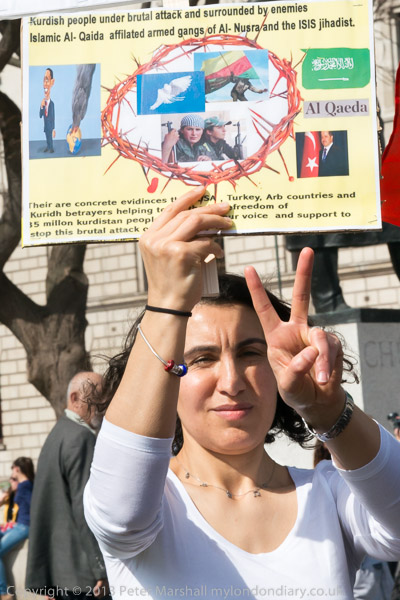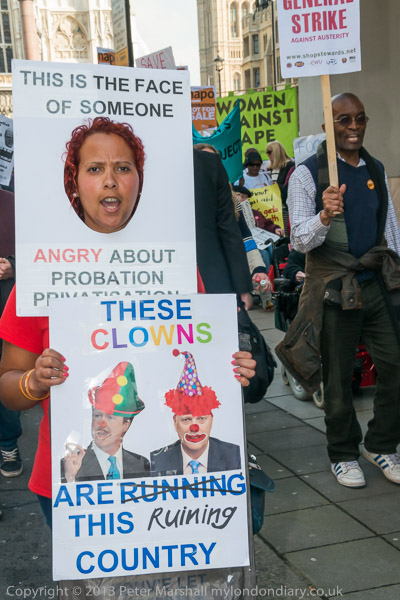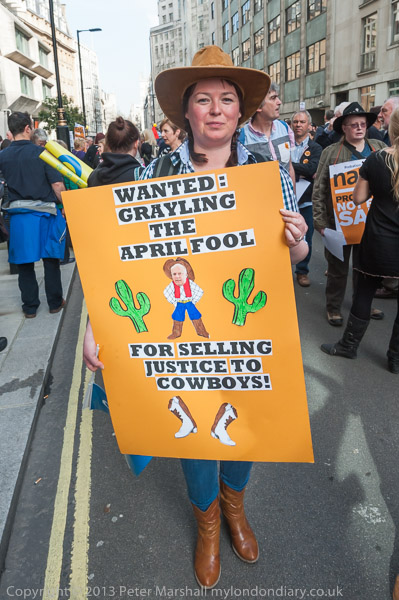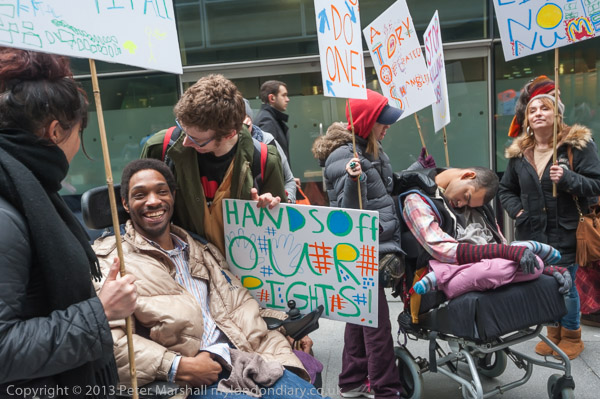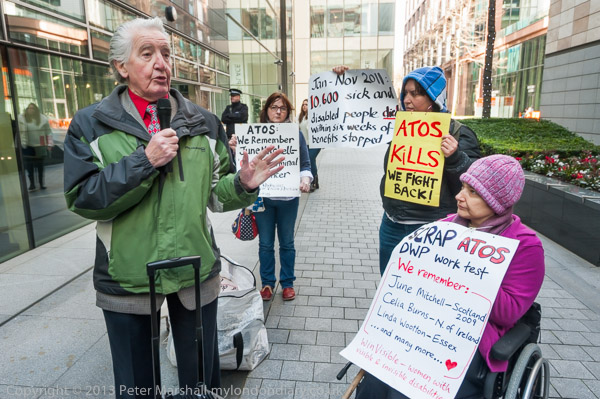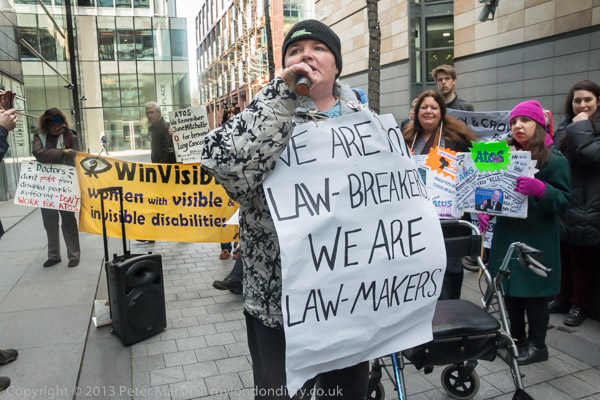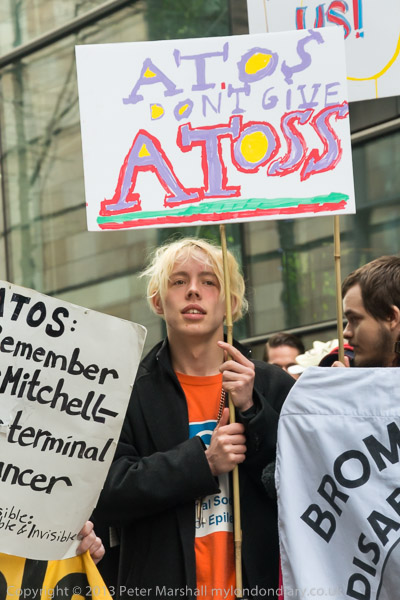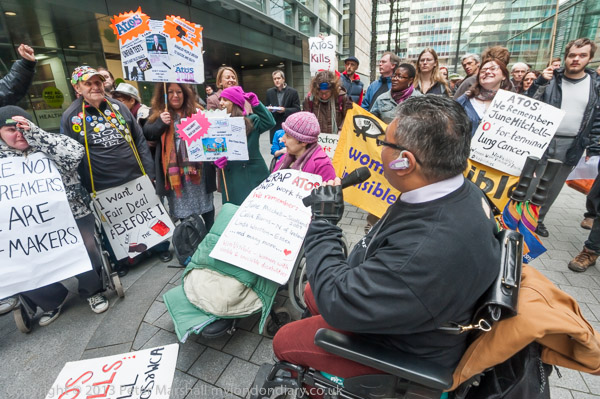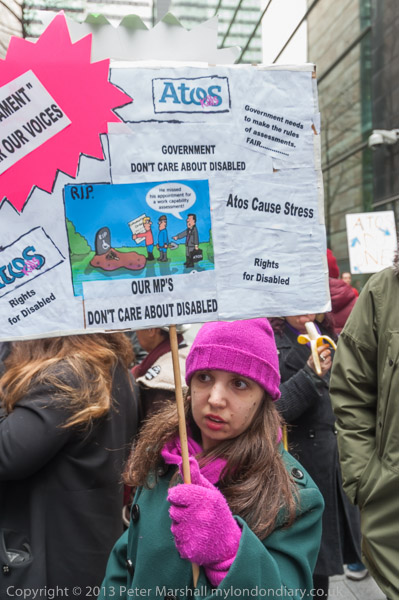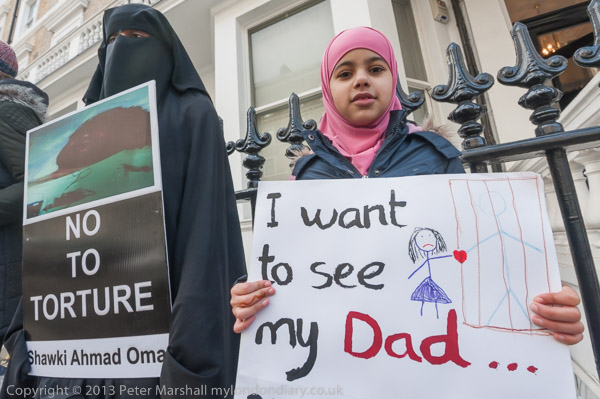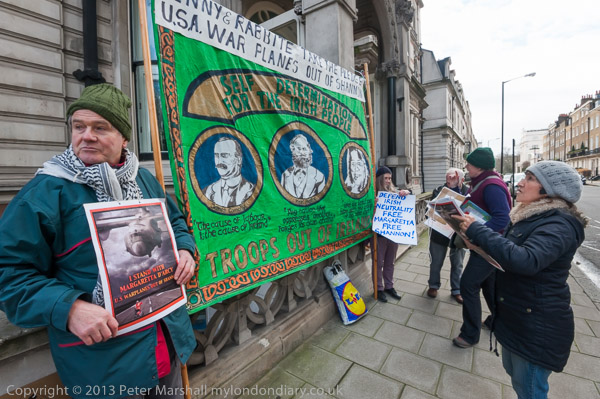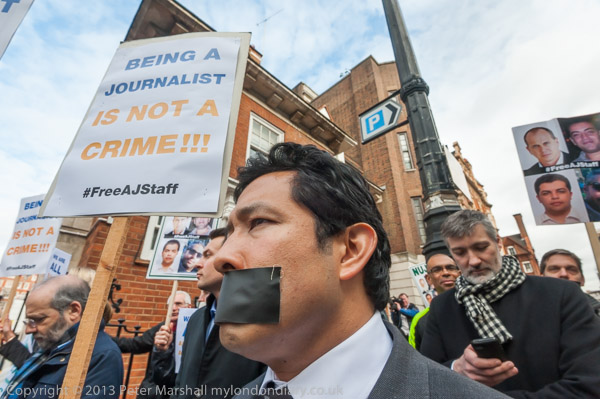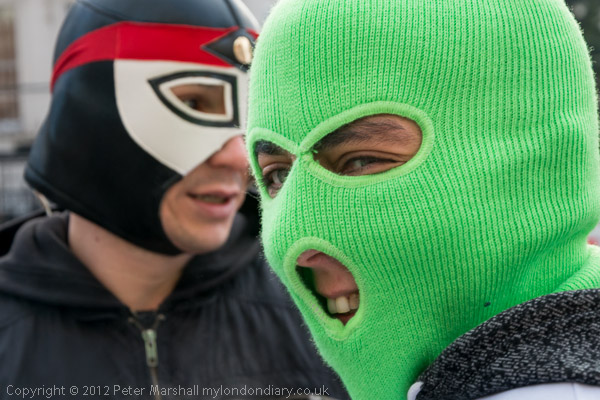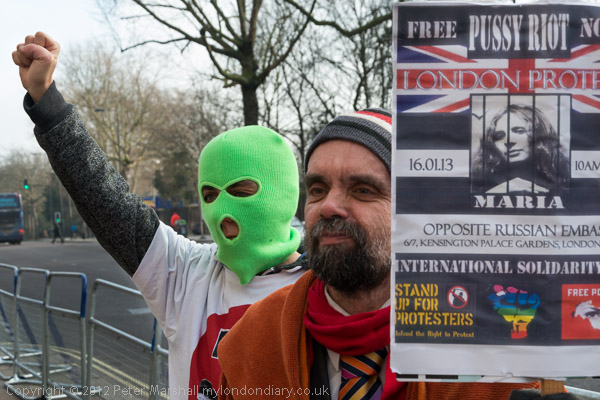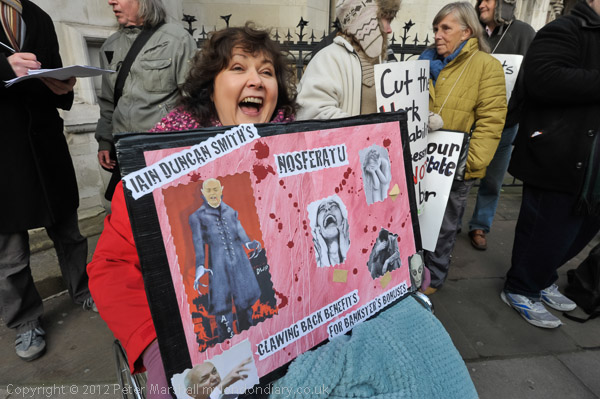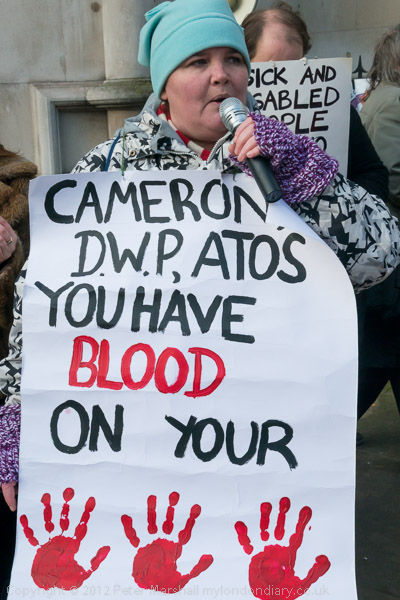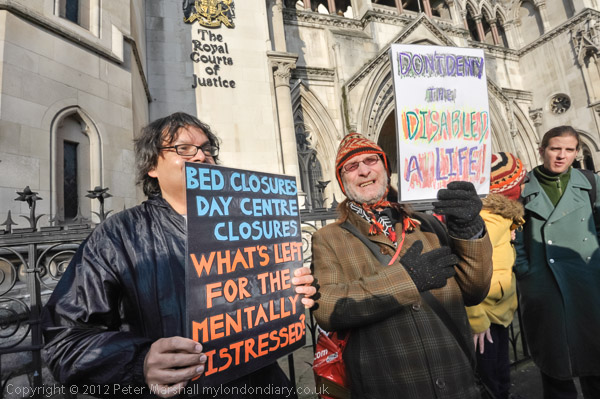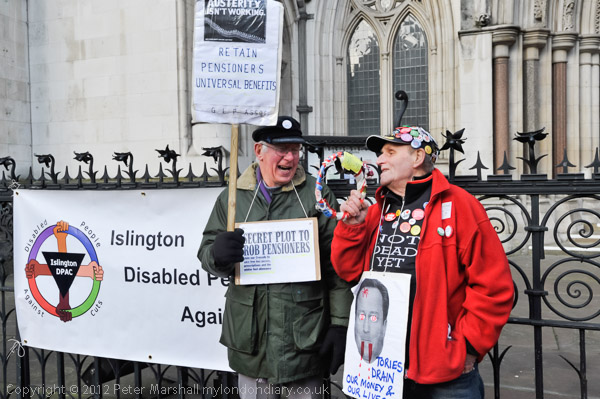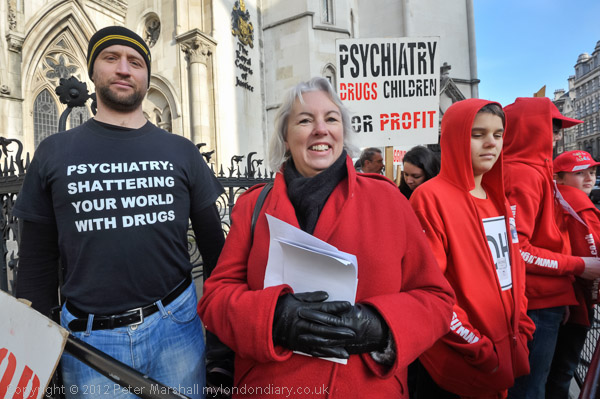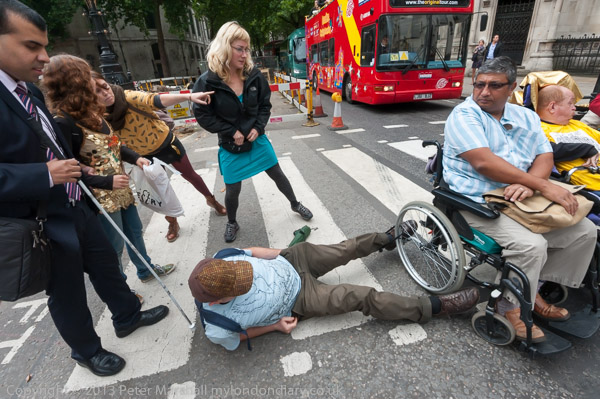
Eight years ago on Saturday October 5th 2013 I turned up outside the Old Bailey to cover a protest against the governments proposals to demolish a vital part of our justice system, Legal Aid. The proposals will mean that justice becomes largely only available to the very rich, with one law for the rich and another for the poor.
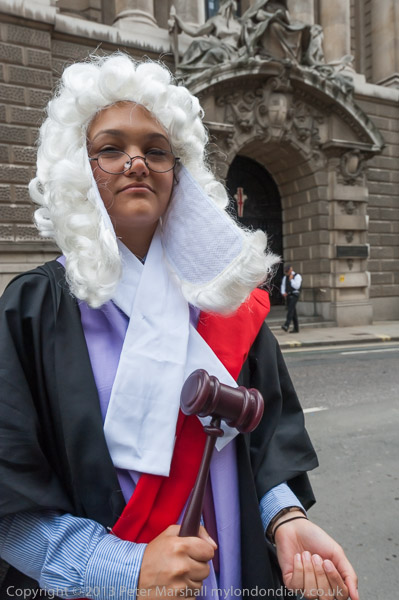
Of course our system of law in the UK is one which has as its base the protection of the wealthy and the establishment and in particular the rights of property owners, dating back to the ideas of private ownership of land introudced and used for its appropropriation by our Norman conquerers, but legal aid has provided a small and important gesture towards equality. The rich and powerful can still use the law to protect their interests, with injunctions and threats of libel and other actions. They can still call upon the police to protect their property and rely on our secret services to work for their interests.
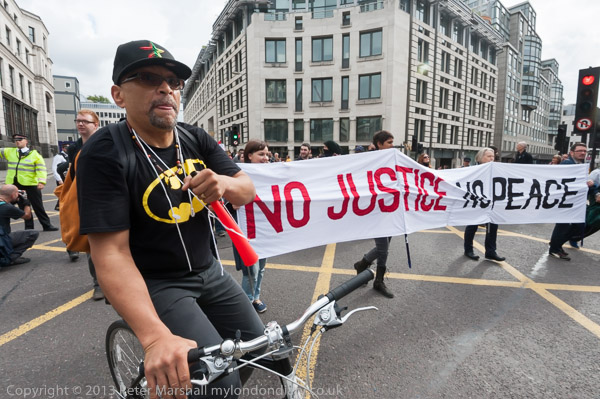
The protest came after the government had been consulting on the changes to the legal aid system which proposed making it more restrictive and also cutting the fees to solicitors and barristers. Our combative in nature system of law is complex, time-consuming and allows those who can pay large fees to prolong litigation and have a better chance of success, with costs in some cases being in £millions. It’s a system that favours not the establishment of truth, but those who can employ the most persuasive liars.
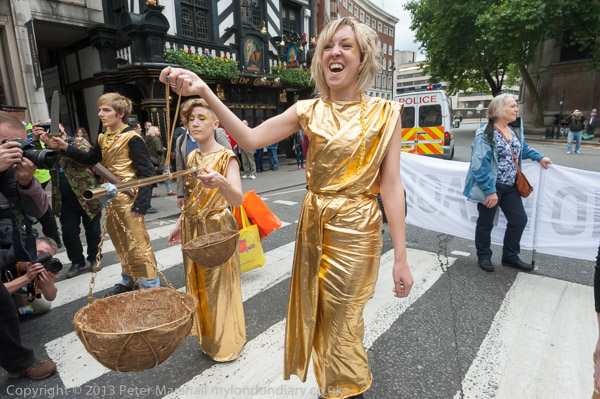
From the Old Bailey the march made its way to the Royal Courts of Justice in the Strand, where I rushed ahead to find DPAC (Disabled Activists Agains Cuts) already making their way onto the pedestrian crossing to block the road. “They stopped on it and began to padlock together to form a block. The far half of the crossing was blocked by a line of figures dressed in gold, one holding the (plastic) Sword of Justice, and another her Scales.”
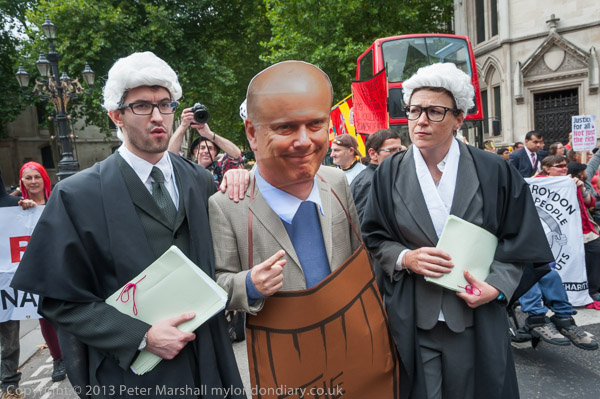
Police came and asked them politely to move but they didn’t respond. The marchers arrived for a noisy protest and then a mock trial of Justice Secretary Chris Grayling. A number of witnesses were called, some giving testimony of how without Legal Aid they would have been unable to fight their cases, and others reading written testimony from others, and then there was more chanting and drumming as well as poetry and some legal advice before the inevitable guilty verdict.
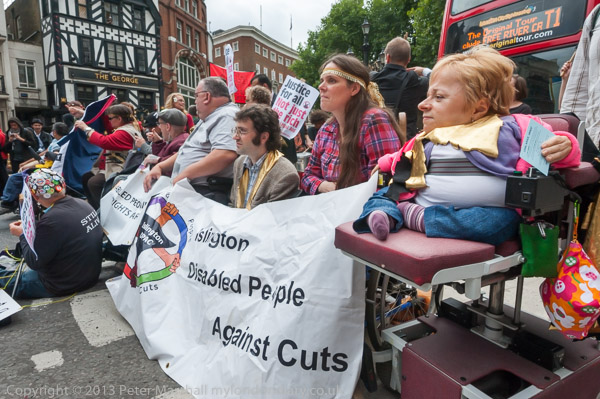
Police had been getting more impatient and insistent about the protesters leaving the road. They don’t like to arrest people in wheelchairs, partly because it looks bad in the photographs and videos, partly because of the difficulty of providing suitable transport, but also because like the rest of us (except possibly Tory ministers) they have a human sympathy with the disabled. “The DPAC activists in wheelchairs who were still blocking the road consulted with each other and decided it was time to leave, and that they would have a final five minutes of protest and then all leave together.”
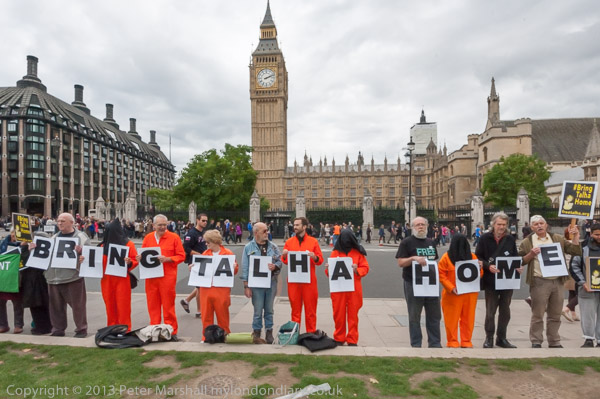
I left for Parliament Square where a peaceful vigil was marking a year since British poet Talha Ahsan was extradited to the US. Those taking part, including his brother Hamsa and other family members said that his long-term solitary confinement comes under the UN definition of torture and call for him to be returned home and unjust US-UK extradition laws repealed.
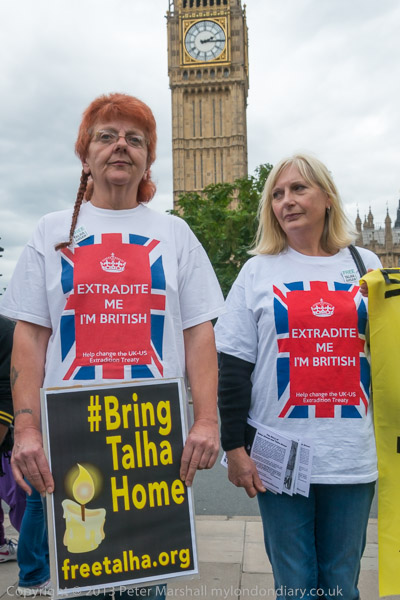
As I wrote:
“Talha Ahsan, an award-winning British Muslim poet and translator has been detained for over seven years without trial and was extradited to the USA on 5th October 2012 with his co-defendant Babar Ahmad. Although he was diagnosed with Asperger’s syndrome, the Home Secretary Theresa May refused to prevent his extradition, unlike that of Gary McKinnon, raising suspicions that this relected an anti-Muslim predjudice.”
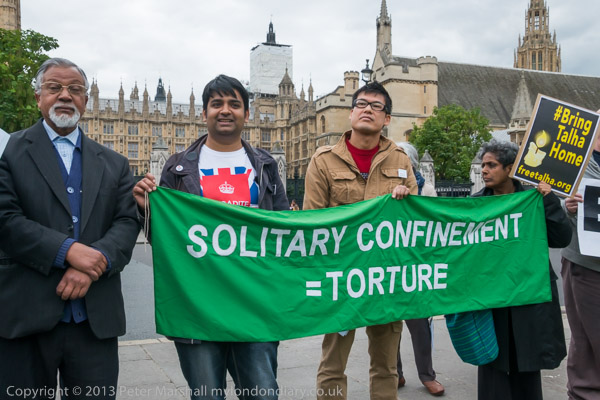
Talha is a UK citizen and his supporters say that he should have been tried in the UK. Eventually in the US he accepted a plea bargain and pleaded guilty to one of the several charges and was sentenced. The time he had already served meant he was then free and was returned to the UK. His six years before extradition in detention without trial or charge here remains among the longest in British legal history.
More at:
